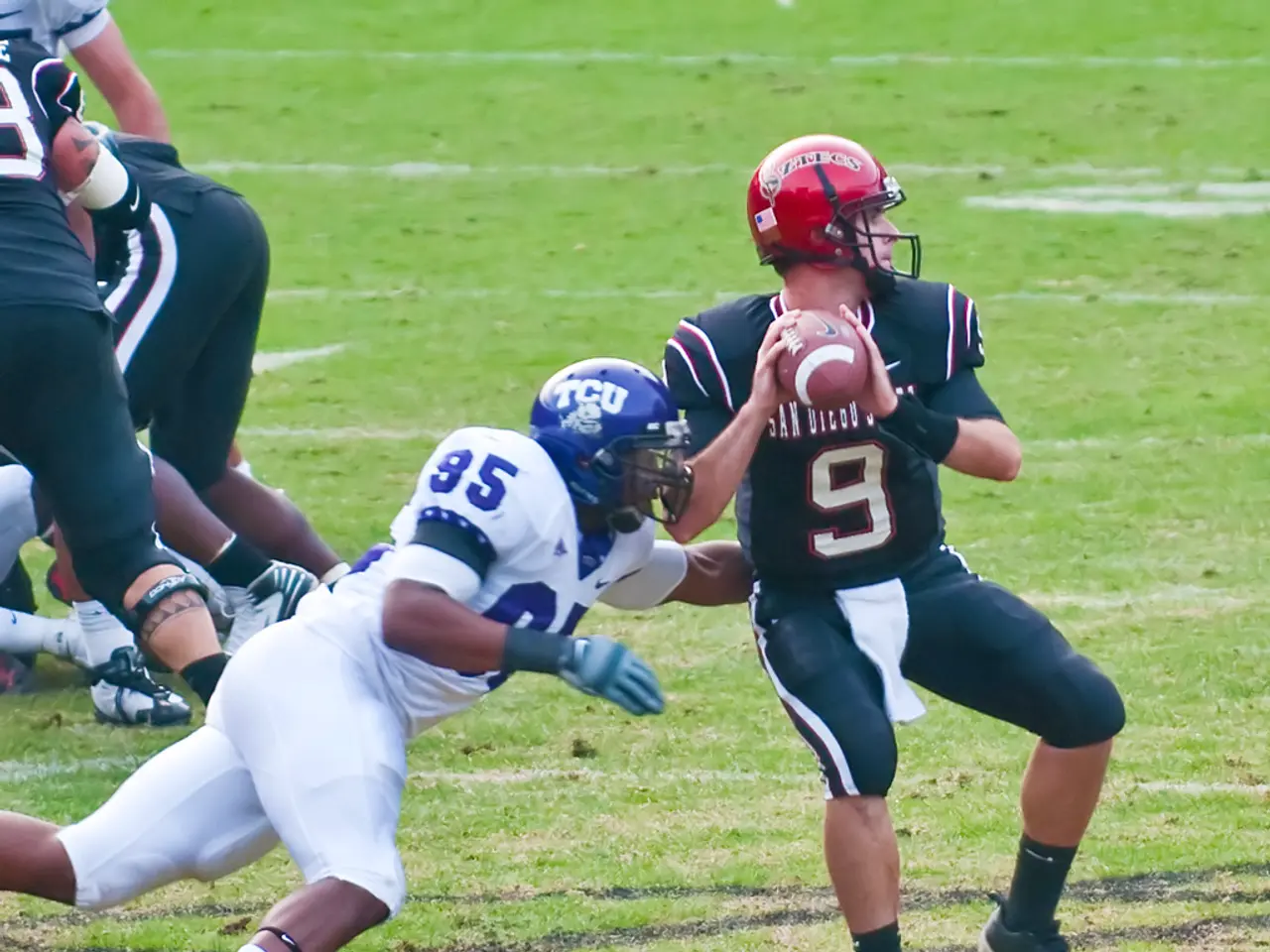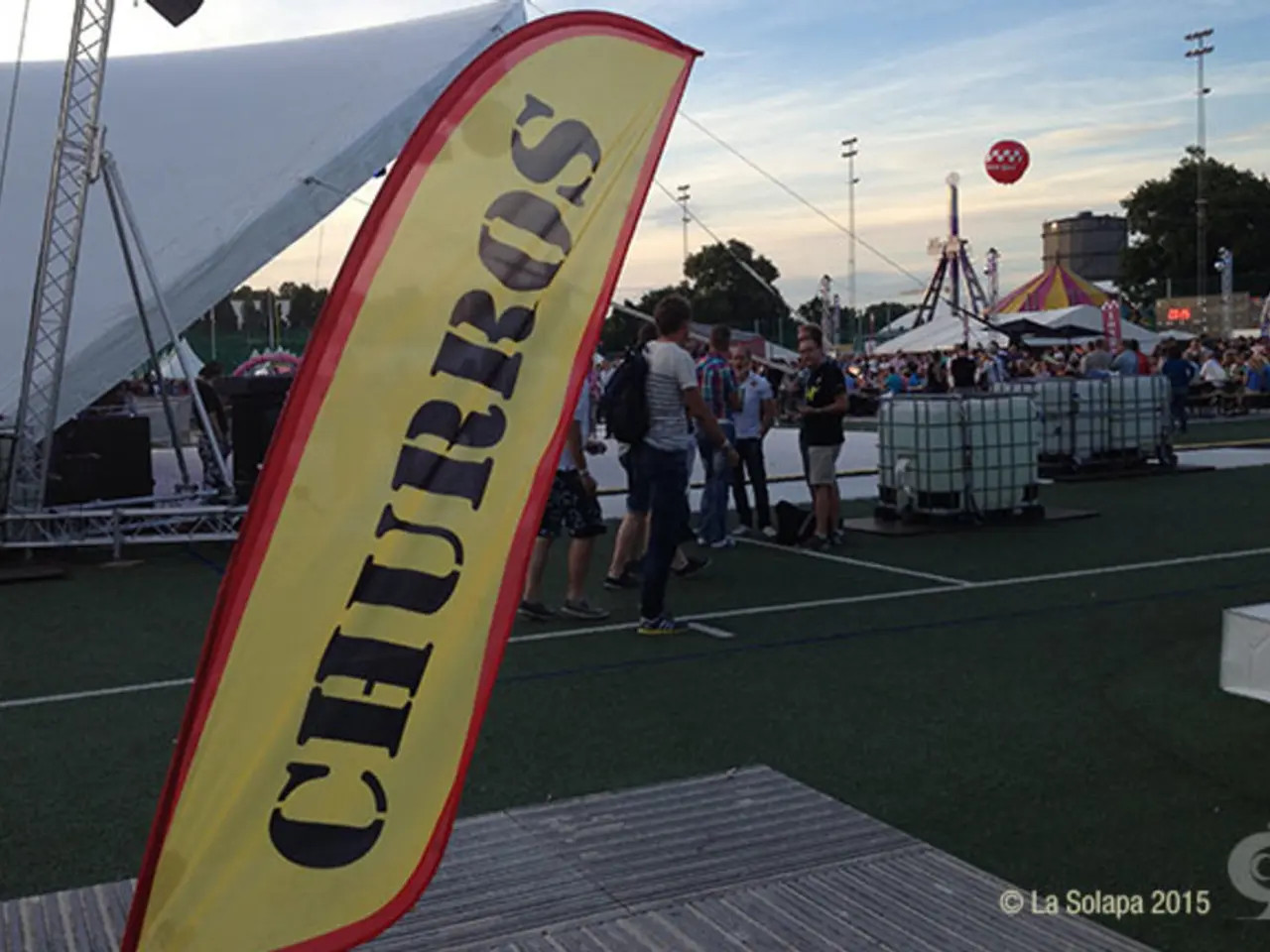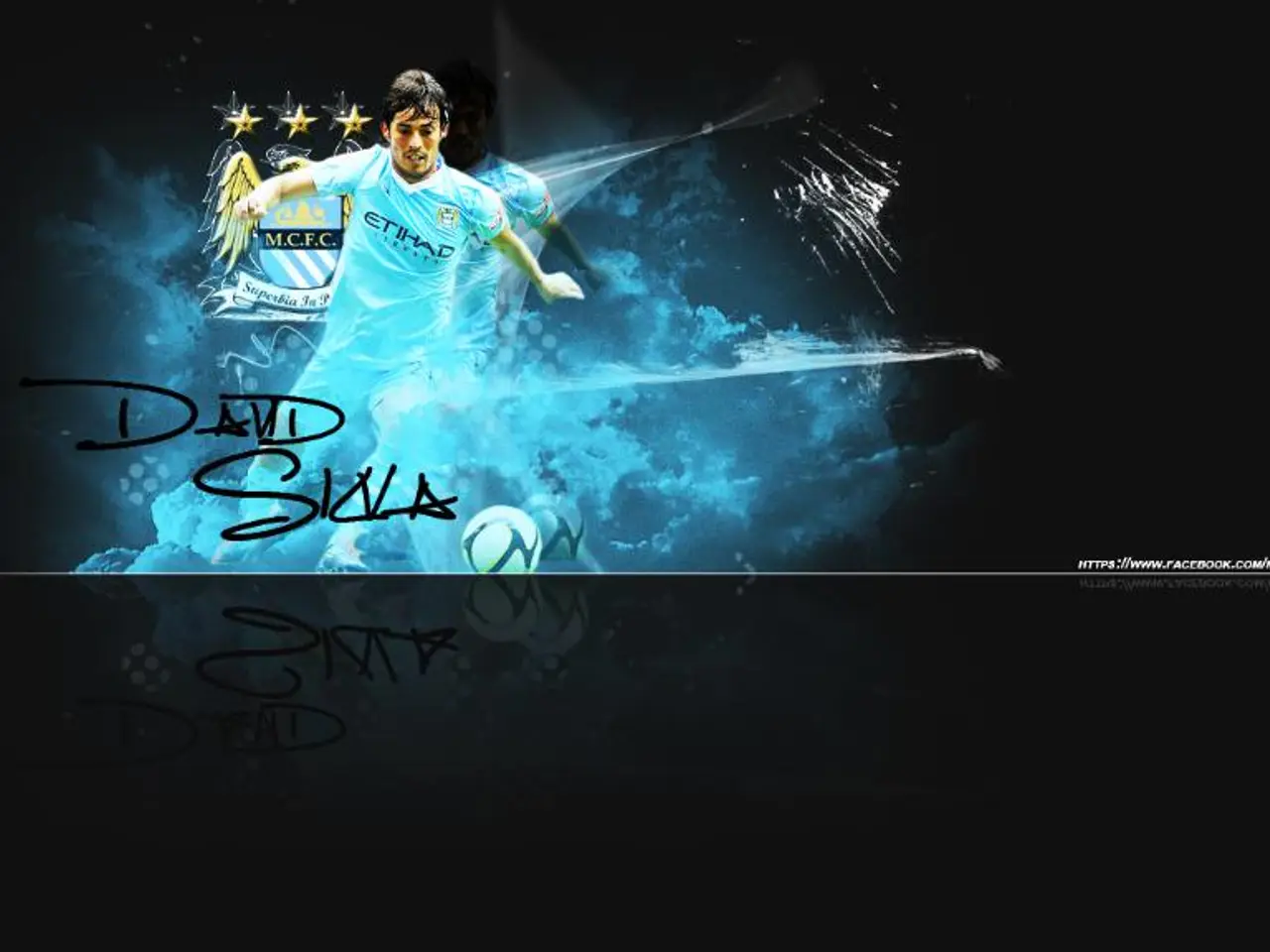Interview: Exploration of the Science Behind Humor with Paddy Gilmore
In the world of marketing, humour has become a potent tool for brands seeking to capture attention, build connections, and increase memorability. Paddy Gilmore, the founder of Studio Gilmore, a consultancy that helps brands harness the power of humour to boost sales, sheds light on this trend.
Gilmore, who has worked with clients such as Harley-Davidson, WPP, and Epson, among others, has a background in humour-infused campaigns. His stints at VISA and Bloomberg saw him attempting to inject a dash of humour into his work.
The benefits of humour in advertising are manifold. Ads that elicit laughter are more memorable, distinctive, and more likely to prompt consumers to recommend the brand. Humour engages audiences by eliciting positive emotions like amusement, helping a brand to humanize itself, fostering an emotional connection, and making the brand more approachable.
Research supports this. Kantar and System1 testing of Cannes Lions winners revealed that humour was present in over half of the 2023 awards, correlating with business impact through amusement and schadenfreude emotions. Moreover, humour can be delivered cost-effectively in formats such as memes, which engage audiences rapidly, have high shareability, and build relatability, especially with younger consumers.
Pete Markey, the CMO of Boots, has been impressed by the use of humour in ads by American insurance companies like GEICO and Progressive, as well as South Africa's King Price ads during the pandemic. New Zealand's Macpac ad from last year is another example of effective humour in advertising, as recommended by Gilmore.
Despite some potential clients viewing humour as unserious, there is often a cognitive dissonance in brands' thinking about humour. Gilmore offers clients a "humour audit" to help them understand the effectiveness of humour for their brand. Clients are typically surprised by what they find out, and can start to understand why global brands like Volkswagen, IKEA, and McDonald's use humour effectively.
However, there are geographical challenges in using humour globally. Gilmore acknowledges this, but also emphasizes the many universal truths about how humour works. He studied humour at the master's level and has experience in creating humour-focused campaigns, making him well-equipped to navigate these challenges.
In summary, Gilmore's emphasis on humour for his consultancy is grounded in its proven efficacy to make brands stand out, be better remembered, and create emotional bonds with audiences—principles supported by recent data showing humour’s rising prominence and effectiveness in advertising. Consumers, it seems, prefer humour as a brand messaging type over reassuring or motivational messages.
Despite Gilmore not providing a joke in the interview, his passion for humour and its role in advertising is evident. As the field of humour studies continues to grow, with academic interest in the subject increasing since the 1980s, it is clear that humour will continue to play a significant role in advertising and brand messaging.
[1] Kantar (2023). Humour in Advertising: A Study on its Effectiveness. [2] System1 (2023). The Role of Emotions in Advertising: A Focus on Humour. [3] Gilmore, P. (2021). Memes and Humour in Advertising: A Cost-Effective Strategy for Engaging Younger Audiences. [4] Basarab, M. (2021). The Universal Language of Humour in Advertising. [Image] Unsplash.
- Paddy Gilmore, a humor-focused marketing expert with experience at VISA and Bloomberg, highlights the effectiveness of humor in advertising, suggesting that it increases memorability, fosters connections, and elicits positive emotions.
- Research from Kantar and System1 testing indicates that humor is present in over half of the Cannes Lions award-winning ads of 2023, correlating with a positive business impact through emotions like amusement and schadenfreude.
- Meme formats, which are cost-effective, rapidly engaging, highly shareable, and relatable to younger consumers, are an efficient way to deliver humor in advertising.
- Despite some reservations about humor's seriousness, a 'humour audit' can help brands understand its effectiveness and why global brands like Volkswagen, IKEA, and McDonald's employ humor successfully.







